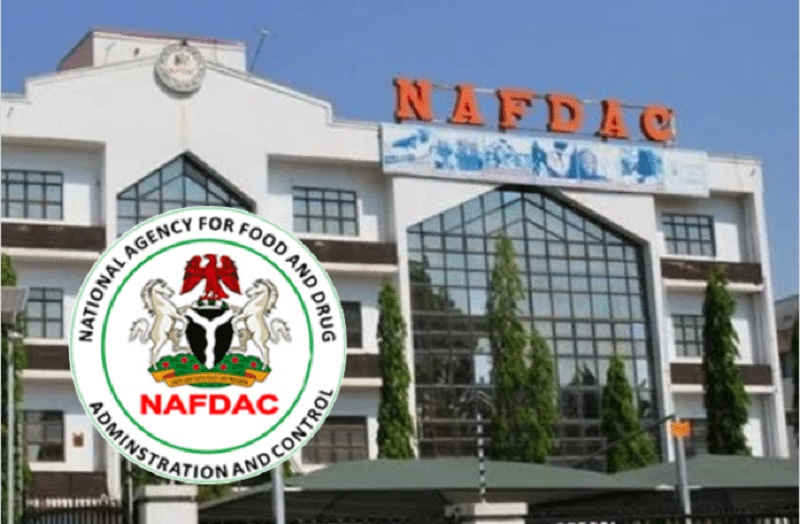We have global positioning systems that can pinpoint drugs to the nearest location. This is so important because the use of narcotics can alter the minds of its users and can lead to extremism, terrorism, loss of lives and loss of livelihood
The National Agency for Food and Drug Administration and Control (NAFDAC), and the National Counter Terrorism Centre (NCTC), have decided to collaborate to fight the menace of drug abuse, alcoholism and chemical misuse.
This is contained in a statement signed by NAFDAC’s Resident media consultant, Mr Olusayo Akintola, and issued in Abuja on Sunday.
Akintola stated that the decision was reached when the management of NAFDAC, led by its Director-General, Prof Mojisola Adeyeye, paid a visit to NCTC headquarters in Abuja.
Akintola quoted Adeyeye as saying that the visit was aimed at enhancing and strengthening the already existing working partnership between the two organisations in the areas of regulations.
He quoted Adeyeye as expressing her agency’s readiness to work with the centre to achieve a common goal.
The NAFDAC boss disclosed that drug abuse, chemical misuse and alcoholism have been traced as the major contributors to acts of terrorism, and that there was the need for actions to fight against them.
Adeyeye said that her agency was now using what she called ‘’Track and Trace’’, a traceability tool to regulate drug, and trace how the drugs move from manufacturers to end users.
She expressed confidence on the workability of the tool, stressing that unless the drug user is not on the planet earth, the agency would always achieved its aims.
“We have global positioning systems that can pinpoint drugs to the nearest location. This is so important because the use of narcotics can alter the minds of its users and can lead to extremism, terrorism, loss of lives and loss of livelihood.
She congratulated the coordinator of NCTC for the monumental achievement in building the Centre, adding that this shows commitment to integration.
According to her, “we cannot work in silos and that it is only when we work together, bring agencies of government together, that is when a tangible result can be achieved.
She stated that collaboration is necessary with NAFDAC on research, adding that NAFDAC can only do research with the collaboration of other agencies or the academia which had been a major contributor to the growth of the agency.

Responding, the coordinator of NCTC, Rear Admiral Yaminu Musa, explained that the essence of the partnership was to draw up the modalities of partnership between the two agencies.
According to him, the two agencies had some engagements in the past and some decisions were taken, asking rhetorically ‘’to what extent have the decisions been implemented and what are the factors mitigating against implementation of those not implemented.”
He further said, this is the right time for the two agencies to review previous activities and be able to re-strategize and inform the new government on areas that need further push whether it is policy push or strategy categorization of plans.
‘’If we do it now and we do it right, we will be setting the new government on that pedestal to understanding us better and for us to be able to deliver more for the government.”
He highlighted the milestones of the “Centre” and recognised NAFDAC as a formidable stakeholder in the centre’s evolution and development of some of its policies in addressing some issues of insecurity in the country.
He assured that the centre intends to partner with research-based institutions like NAFDAC in many areas and access global support to be domiciled at relevant institutions that require it for the purpose of operational use, training purpose, and research, including equipment.
The meeting also discussed issues on how importation could be controlled, the necessary agencies to pass through when importing and the documents to be obtained before importation could be deemed to be lawful.
Spread the love